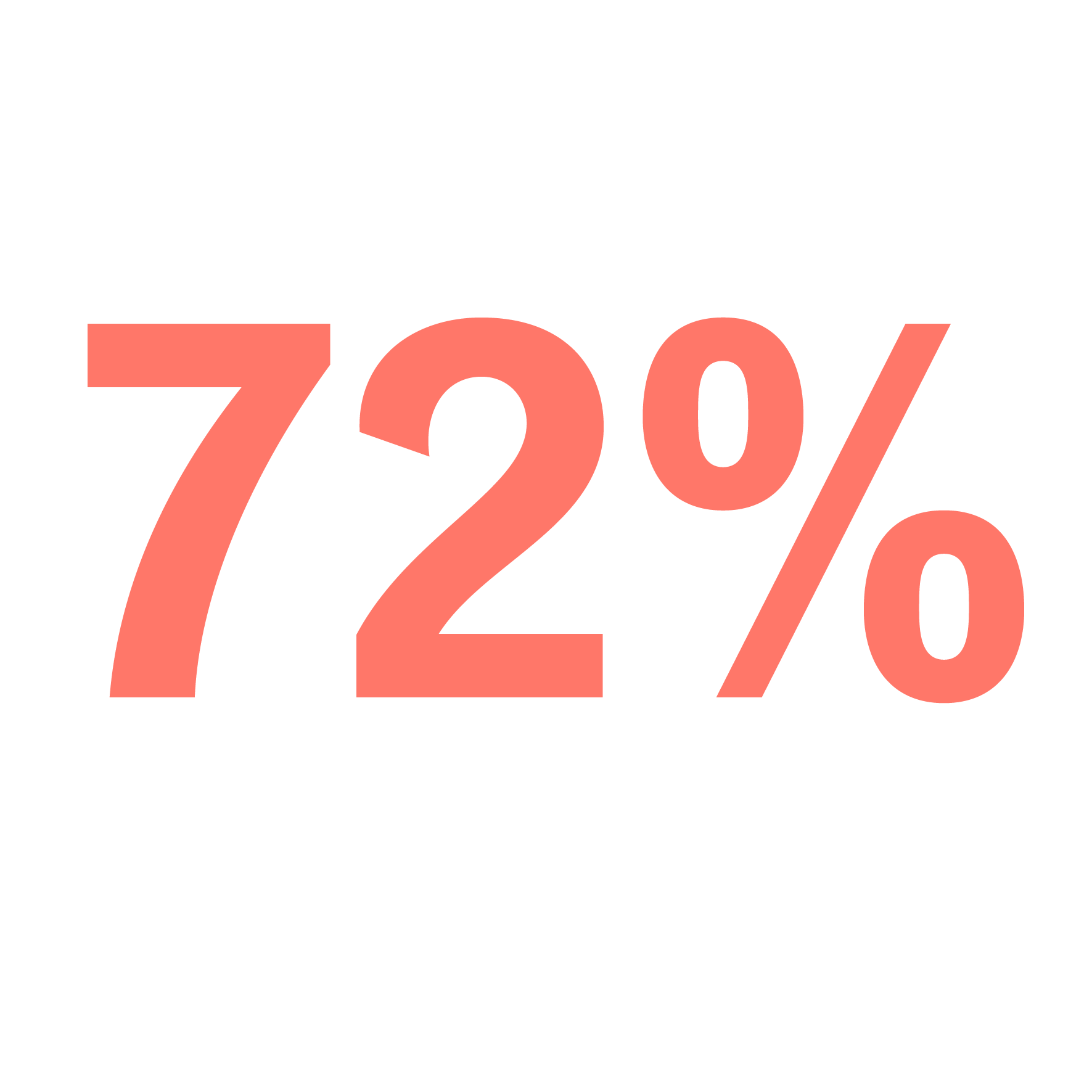Living your best, lowering your stress
Insure
Stress. It’s a natural human response we inherited from our ancestors. The instinctual “fight-or-flight” survival reaction in the face of a threat to our well-being.
When it kicks in, our bodies release a surge of stress hormones that put us at high alert. Our hearts pound. Our breathing becomes slow and shallow. And our muscles tense.
Just as we have evolved, so too has this response. It now occurs when we’re under ordinary, every-day pressure. Like when we have a tight work deadline, are stuck in traffic or worried about money and finances.
In fact, the American Psychological Association reports that 72% of adults are stressed out over money and debt.1 What’s more, studies have shown that people experiencing financial stress are at a greater risk for insomnia, depression, psychological distress, migraines and high blood pressure.2 Left unchecked, these problems can adversely affect mood, attitude and behavior. Impacting relationships, productivity, decision-making ability and happiness — leading to even more stress and anxiety.
Which is why in addition to providing financial advice and services, John Hancock partners with leading health and wellness experts. Our goal is to help all of our customers live long, healthy and fulfilling lives.

of adults are stressed out over money and debt.1
Control what you can
None of us will ever be fully free of stress. But we can take breaks from it. And we need to. For the sake of our health, wealth, sanity and happiness.
One of the biggest causes of stress is fear of the unknown. There’s nothing any of us can do to control that. So let’s, instead, focus on the things we can control, like:
- Making healthy eating (and drinking) choices
- Taking time for regular exercise
- Getting enough sleep
- Limiting screen time and social media
- Maintaining a set work schedule
- Prioritizing time to spend with family and friends
Staying in control of these daily decisions can help reduce anxiety, as well as improve your health, mood and overall attitude.3 There are other practices you can incorporate in your daily routine that could be quite helpful. And easy, too
Take a breather from the stress
One of the more popular approaches to relieving stress is called the “relaxation response.”4 It’s a type of meditative practice that’s proven to slow down one’s metabolism: your rate of breathing, heart rate and brain activity.
According to John Hancock’s Health & Wellness partner, Colleen Duggan-Cuomo (Certified Yoga and Meditation teacher and founding partner of Breathing Lotus Living Arts), “There are countless proven benefits to meditating. It reduces stress, lowers blood pressure, promotes optimism, decreases the effects of PTSD, improves memory and slows the aging process! It makes us self-aware and can produce a deep sense of peace and wellbeing.”
There are two basic steps to bringing about the relaxation response. The first being the simple repetition of a sound, word, phrase, prayer or movement. And the second is the passive dismissal of intruding thoughts and returning to the repetition. It’s that easy.
Relaxation response4:
a type of meditative practice that’s proven to slow down one’s metabolism: your rate of breathing, heart rate and brain activity.
Step 1: the simple repetition of a sound, word, phrase, prayer or movement
Step 2: the passive dismissal of intruding thoughts and returning to the repetition
The best thing about the relaxation response is once you know how to do it, it can be done in conjunction with any other activities you do to reduce stress. Like practicing yoga, tai chi, progressive muscle relaxing, jogging and any other activity with a repetitive motion.
“When it comes to all forms for meditation, your breath is your best friend. As you move through your day, take a “breathing break” every hour or so. As few as 4 long deep, diaphragmic breathes will switch on the parasympathetic nervous system, (the rest and digest response), helping you to feel calm and more centered,” says Duggan-Cuomo.
Need more guidance?
If you like the idea of a meditative practice you can do on your own but are having trouble getting into it, you’ve got options. There are countless, free online videos and classes that can guide you through a variety of meditative techniques. You’re sure to find something that can work for you.
For added convenience, you may want to consider downloading a meditation app to have with you for whenever the mood or need strikes. Again, there’s a great many to choose from. John Hancock Insurance has partnered with Headspace® — a top-rated app with 60 million users in over 190 countries5 to offer rewards for daily meditation.
As part of our HealthyMind Benefit for John Hancock Vitality customers, Headspace® provides users with “mindfulness for everyday life”6 with hundreds of guided meditations to help relieve stress, move more and sleep soundly. The bottom line is anything you can do to reduce stress in your life will help you feel better about yourself and ultimately help you make sound decisions for you and your family.
Be well. Stay healthy.
Citations:
1 Verywell Mind: “Coping With Financial Stress in Your Life” by Elizabeth Scott, MS, December 15, 2020 https://www.verywellmind.com/understanding-and-preventing-financial-stress-3144546
2 Everyday Health: “Financial Stress and Wellness: Understanding the Problem” by Kelley Holland, February 19, 2019 https://www.everydayhealth.com/wellness/united-states-of-stress/financial-stress-wellness-understanding-problem/
3 HelpGuide: “Coronavirus Anxiety: Coping with Stress, Fear, and Worry” by Lawrence Robinson & Melinda Smith, M.A., August, 2020 https://www.helpguide.org/articles/anxiety/coronavirus-anxiety.htm
4 Based on internal data from Bensonhenryinstitute.com, Mission & History, accessed from: https://www.bensonhenryinstitute.org/mission-history/
5 Based on internal data from Headspace.com, About us, accessed from: https://www.headspace.com/about-us
6 Based on internal data from Headspace.com, Homepage, accessed from: https://www.headspace.com
